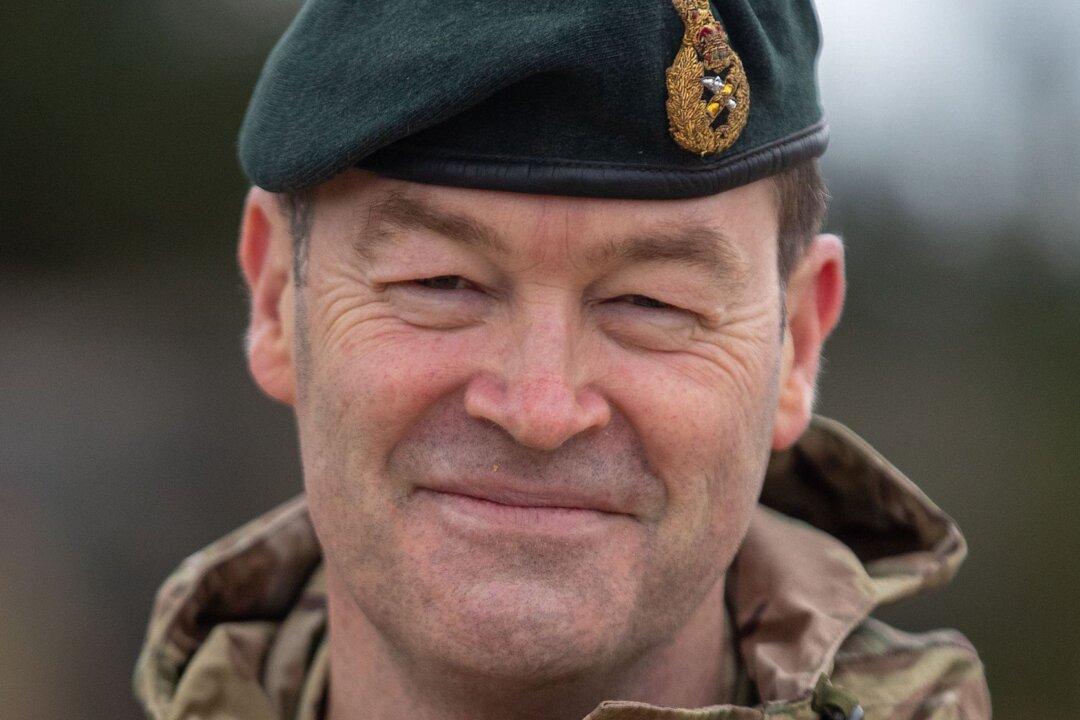The UK needs “credible” land forces and cannot “hide behind” NATO armies in the face of the Russian threat, the head of the British Army has said.
Addressing the Land Warfare Conference at the Royal United Services Institute on Monday, General Sir Patrick Sanders, the chief of the general staff, compared the challenge from Russia to the Nazi threat in the run-up to the Second World War.





